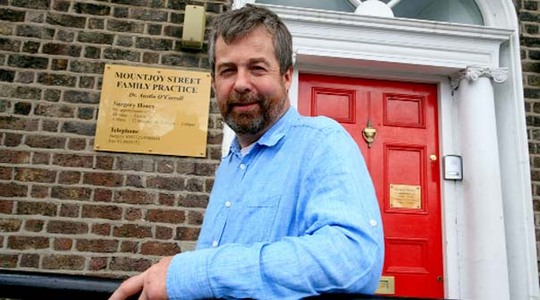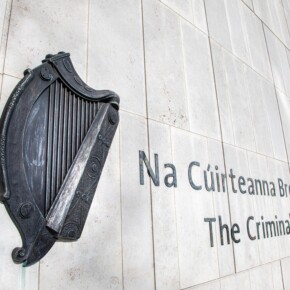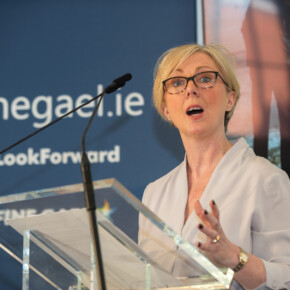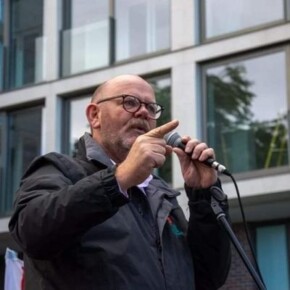Millions being spent on addictive drugs
Dublin People 21 Apr 2012
NORTHSIDERS racked up a staggering medical card bill of over
?¬2.3 million on prescribed
‘benzos’ during 2010.
The startling Health Service Executive (HSE) figures seen by Northside People also reveal the full extent of benzodiazepine use throughout the rest of the North East health Region.
According to the HSE statistics,
?¬4.4 million was spent on different variations of the highly addictive drug for general medical card patients in the entire region, which includes Louth, Cavan and Monaghan, in 2010.
A breakdown of the figures for the capital revealed that over e1 million of that was spent in North Dublin, almost
?¬700,000 was spent on benzodiazepines for Dublin North Central patients and more than
?¬600,000 was spent in North West Dublin.
The drugs, nicknamed
‘vallies’ or
‘mother’s little helpers’, were popularised by a generation of housewives in the 1970s and 1980s.
However, some four decades on
‘benzos’ are still extensively used, particularly by the lower social classes in Dublin.
Because of their highly addictive properties, health guidelines recommend that doctors only prescribe benzodiazepines for a maximum of three weeks.
However, according to Dr Austin O’Carroll of the Mountjoy Street Family Practice, many doctors have little choice but to continue prescribing the drug.
“Addiction to benzodiazepines is particularly prevalent in areas of deprivation,
? he told Northside People.
“Today alone I have had four or five requests for the drug and this is largely due to the fact that my practice is located in an area where there is a high level of stress and depression which has been magnified in the recession.
“Many doctors prescribe the drug for longer for a number of reasons and the situation needs to be viewed in a greater context.
?
Dr O’Carroll believes that doctors and patients alike are faced with little options in relation to the prescribing and use of benzodiazepines.
“Doctors have patients coming to them who are very upset and unable to cope, are we to turn them away?
? he said.
“There are also patients who are angry thinking you are refusing to give them the only thing they think will help them.
“In areas of deprivation there is no real option of being referred on or going to counselling for help. That’s mainly for the middle class who can afford it.
?
Dr O’Carroll believes the situation will continue to snowball until people in disadvantaged areas are given access to counselling and proper housing and that doctors are connected to a primary care team where a more holistic approach to treatment and patient care can be taken.
It can be highly dangerous for patients addicted to benzodiazepines to simply go
‘cold turkey’, Dr O’Carroll explained.
The HSE released the figures on the back of a question on benzodiazepine use from Mulhuddart local councillor Kieran Dennison (FG).
A spokesperson for the HSE said a committee had been established to see what strategies could be developed to influence prescribing patterns.
“While the research has yet to be completed on cocaine and alcohol addictions, it is anticipated that the number of clients being prescribed benzodiazepines is much greater,
? the HSE spokesperson stated.
“The issue surrounding the prescribing of benzodiazepines along with methadone and the possibility of these drugs being mixed with alcohol is a major problem.
“Within the addiction service, clients can avail of methadone and other prescription drugs under the care of the same doctor who can ensure that the symptoms are managed in line with the individual’s care plan.
?











